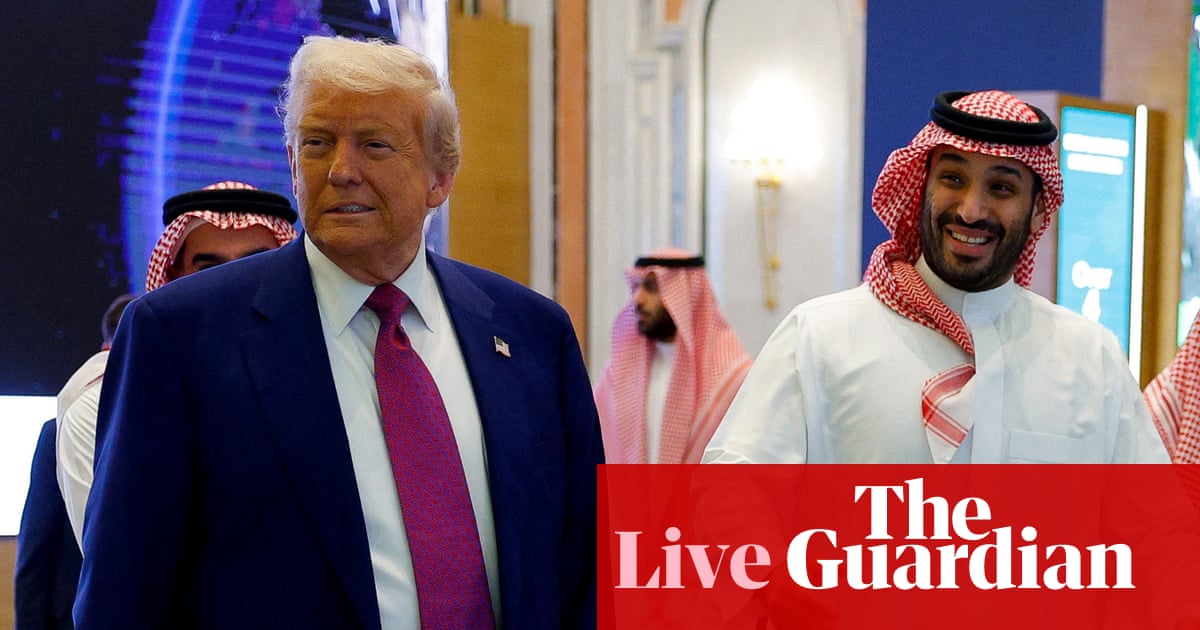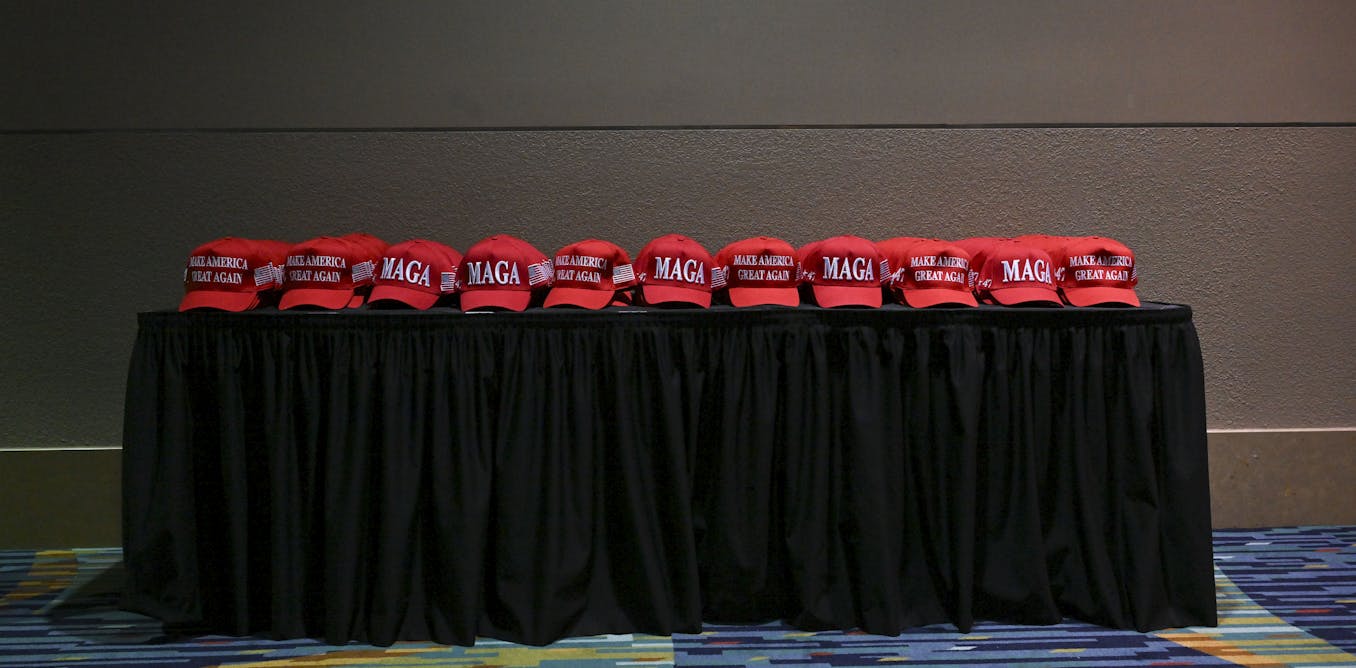By David Lawder and Jasper Ward
WASHINGTON (Reuters) -The U.S. Trade Representative office on Friday said it had launched a new tariff investigation into China's "apparent failure" to comply with the "Phase One" trade deal signed with President Donald Trump in 2020 to end his first-term U.S.-China trade war.
The new unfair trade practices probe under Section 301 of the Trade Act of 1974 gives Trump another potential tool to increase tariffs on Chinese imports. USTR's announcement comes a day before the start of a new round of U.S.-China talks over rare earths export controls in Kuala Lumpur on Saturday.
The Phase One deal was meant to rebalance trade between China and the U.S. by committing Beijing to increase purchases of U.S. farm and manufactured goods, energy and services by $200 billion annually for at least two years. But Beijing never met the purchase targets, blaming the start of the COVID-19 pandemic that was spreading at the time of its signing in January 2020.
A USTR Federal Register notice announcing the probe also said that China also appeared to not have lived up to its commitments to change policies on intellectual property protections, forced technology transfer, agriculture and financial services - practices that were at the heart of Trump's first-term tariffs on Chinese imports.
It said the investigation will initially focus on China's implementation of its commitments under the Phase One deal. The notice invites public comments on the matter from October 31 through December 1. USTR will convene a public hearing to collect further testimony on December 16.
"The initiation of this investigation underscores the Trump Administration’s resolve to hold China to its Phase One Agreement commitments, protect American farmers, ranchers, workers, and innovators, and establish a more reciprocal trade relationship with China for the benefit of the American people," USTR Jamieson Greer said in a statement.
The probe also could provide the Trump administration with additional legal backing to revive some tariffs on Chinese imports if the U.S. Supreme Court strikes down Trump's duties that were based on the International Emergency Economic Powers Act. The court is due to hear arguments on a challenge to the IEEPA-based tariffs - currently at about 30% for Chinese goods - on November 5.
(Reporting by Jasper Ward and David Lawder; Editing by Andrea Ricci )

 German (DE)
German (DE)  English (US)
English (US)  Spanish (ES)
Spanish (ES)  French (FR)
French (FR)  Hindi (IN)
Hindi (IN)  Italian (IT)
Italian (IT)  Russian (RU)
Russian (RU) 























Comments